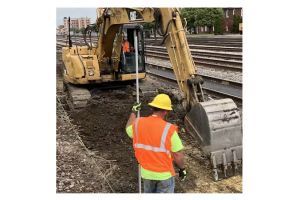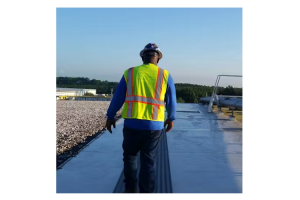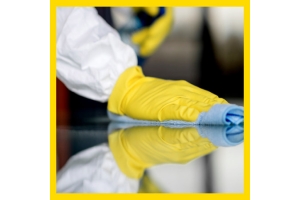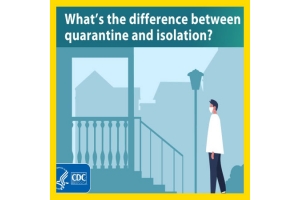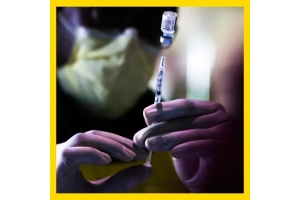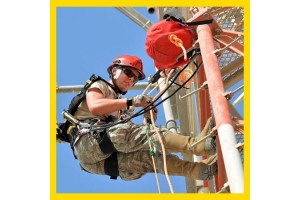Currency
March 22, 2020
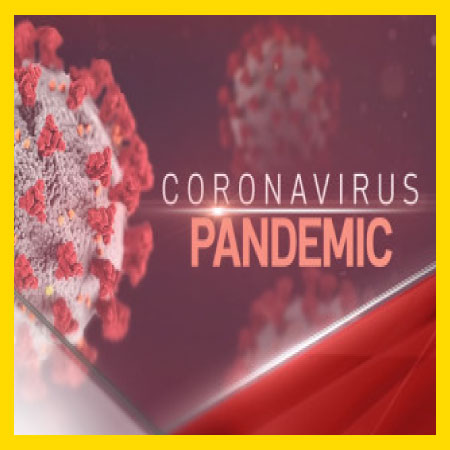
COVID-19 is a respiratory illness caused by a new virus. Symptoms include fever, coughing, sore throat and shortness of breath. The virus can spread from person to person, but good hygiene can prevent infection. Find out who is at risk and what you should do if you think you have COVID-19.
COVID-19 is the disease caused by a new coronavirus. It was first reported in December 2019 in Wuhan City in China.
Symptoms of COVID-19 can range from mild illness to pneumonia. Some people will recover easily, and others may get very sick very quickly.
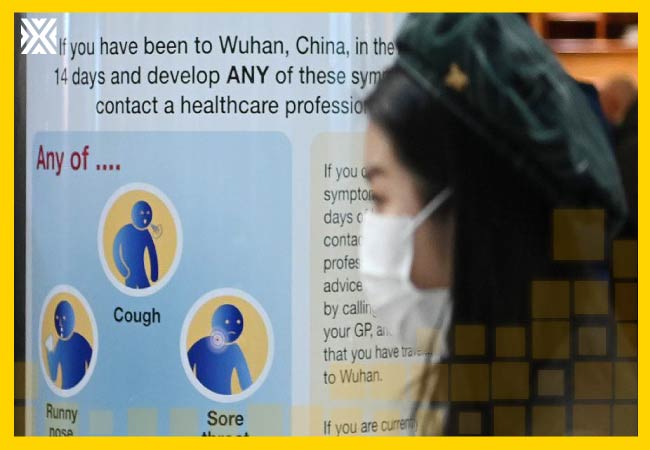
People with coronavirus may experience:
fever
flu-like symptoms such as coughing, sore throat and fatigue
shortness of breath
If you are concerned you may have COVID-19, use the symptom checker on healthdirect.
If you are sick and think you have symptoms of COVID-19, seek medical attention. If you want to talk to someone about your symptoms first, call the Coronavirus Health Information Line for advice.
To seek medical help from a doctor or hospital, call ahead of time to book an appointment.
You will be asked to take precautions when you attend for treatment. Follow the instructions you are given.
If you have a mask, wear it to protect others. Stay at least 1.5 metres away from other people. Cover your coughs or sneezes with your elbow.
Tell the doctor about:
your symptoms
any travel history
any recent contact with someone who has COVID-19
Your doctor will tell you if you should be tested. They will arrange for the test.
You will only be tested if your doctor decides you meet the criteria:
You have returned from overseas in the past 14 days and you develop respiratory illness with or without fever You have been in close contact with a confirmed COVID-19 case in the past 14 days and you develop respiratory illness with or without fever You have severe community-acquired pneumonia and there is no clear cause You are a healthcare worker who works directly with patients and you have a respiratory illness and a fever
It may take a few days for the test results to come back.
If you have serious symptoms you will be kept in hospital and isolated from other patients to prevent the virus spreading.
If your doctor says you are well enough to go home while you wait for your test results, you should:
self-isolate at home and do not attend work or school
protect yourself and others
For questions about testing or patient welfare, call the Coronavirus Health Information Line.
There is no treatment for COVID-19, but medical care can treat most of the symptoms.
Antibiotics do not work on viruses.
Self-isolation (self-quarantine)
You must self-isolate if any of the following applies to you:
you have COVID-19
you have been in close contact with a confirmed case of COVID-19
you arrived in Australia after midnight on 15 March 2020
If you do not need to self-isolate, you should still protect yourself and others.
How to self-isolate
Self-isolation lasts for 14 days
You must stay at home to prevent the possible spread of the virus to other people.
See specific advice for self-isolation when:
you are sick
you are not sick
Staying home means you:
do not go to public places such as work, school, shopping centres, childcare or university
ask someone to get food and other necessities for you and leave them at your front door
do not let visitors in — only people who usually live with you should be in your home
do not need to wear a mask in your home, but do wear one if you have to go out (for example to seek medical attention)
should stay in touch by phone and online with your family and friends
For students and children, you should notify the relevant school or childcare centre. Students may want to seek alternate arrangements for remote learning.
What is COVID-19
Coronaviruses are a large family of viruses that cause respiratory infections. These can range from the common cold to more serious diseases.COVID-19 is the disease caused by a new coronavirus. It was first reported in December 2019 in Wuhan City in China.
Symptoms
Symptoms of COVID-19 can range from mild illness to pneumonia. Some people will recover easily, and others may get very sick very quickly.

People with coronavirus may experience:
If you are concerned you may have COVID-19, use the symptom checker on healthdirect.
How to seek medical attention
If you are sick and think you have symptoms of COVID-19, seek medical attention. If you want to talk to someone about your symptoms first, call the Coronavirus Health Information Line for advice.
To seek medical help from a doctor or hospital, call ahead of time to book an appointment.
You will be asked to take precautions when you attend for treatment. Follow the instructions you are given.
If you have a mask, wear it to protect others. Stay at least 1.5 metres away from other people. Cover your coughs or sneezes with your elbow.
Tell the doctor about:
Testing
Your doctor will tell you if you should be tested. They will arrange for the test.
You will only be tested if your doctor decides you meet the criteria:
You have returned from overseas in the past 14 days and you develop respiratory illness with or without fever You have been in close contact with a confirmed COVID-19 case in the past 14 days and you develop respiratory illness with or without fever You have severe community-acquired pneumonia and there is no clear cause You are a healthcare worker who works directly with patients and you have a respiratory illness and a fever
After testing
It may take a few days for the test results to come back.
If you have serious symptoms you will be kept in hospital and isolated from other patients to prevent the virus spreading.
If your doctor says you are well enough to go home while you wait for your test results, you should:
self-isolate at home and do not attend work or school
protect yourself and others
For questions about testing or patient welfare, call the Coronavirus Health Information Line.
Treatment
There is no treatment for COVID-19, but medical care can treat most of the symptoms.
Antibiotics do not work on viruses.
Self-isolation (self-quarantine)
You must self-isolate if any of the following applies to you:
you have COVID-19
you have been in close contact with a confirmed case of COVID-19
you arrived in Australia after midnight on 15 March 2020
If you do not need to self-isolate, you should still protect yourself and others.
How to self-isolate
Self-isolation lasts for 14 days
You must stay at home to prevent the possible spread of the virus to other people.
See specific advice for self-isolation when:
you are sick
you are not sick
Staying home means you:
For students and children, you should notify the relevant school or childcare centre. Students may want to seek alternate arrangements for remote learning.


